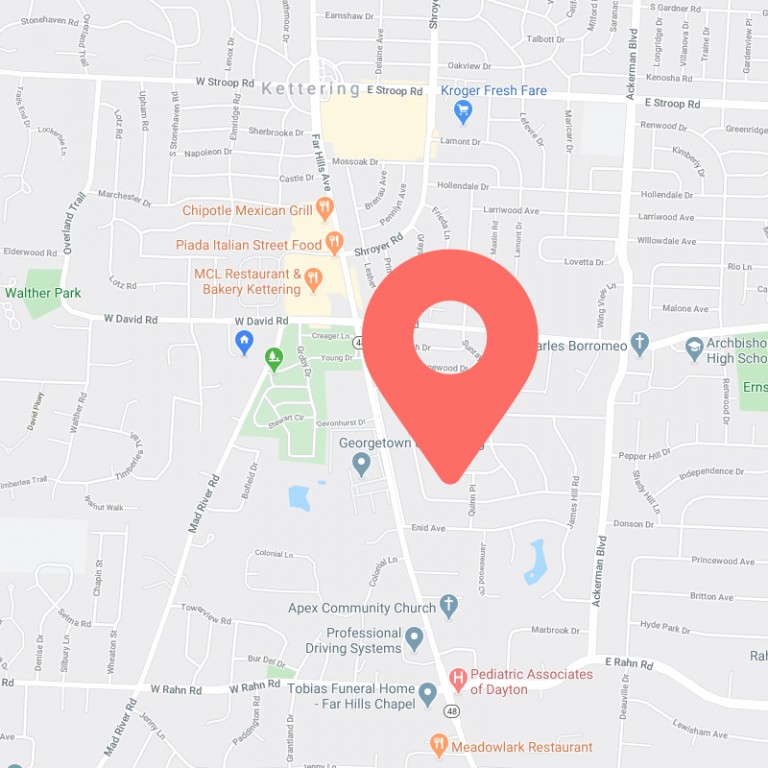Why do people get heartburn or acid indigestion?

When you swallow, food travels down a tube called the esophagus, and a band of muscle at the bottom of that tube—a valve called the lower esophageal sphincter (LES)—relaxes. This lets food and liquid pass into the stomach and then the LES closes again, to keep the food from traveling back up. At this point, the stomach begins producing additional acid to digest food and kill bacteria.
If certain foods or medical conditions weaken the LES, this valve can open and let the acid-laced stomach contents flow back into the esophagus. The stomach essentially has an acid-proof lining to protect it while digesting food. The esophagus does not have this lining. So, when stomach contents back up into the esophagus, the delicate tissues may be compromised from the acid. This backup is called “acid reflux” and creates the familiar, fiery sensation we call heartburn.
Why do some people get acid reflux or heartburn while others do not?
Acid reflux is caused by genetic traits and environmental factors (e.g. the foods we eat). Studies with twins and family members suggest there is a genetic link that can cause acid reflux and thus, heartburn.1 This means your genes—DNA passed on by your mother or father—may help cause weakening or abnormal relaxing of the LES. So, if multiple members of your family suffer from heartburn occasionally or frequently, you may encounter the same issues.
Being pregnant or overweight can also cause heartburn due to the pressure the baby or extra layers of fat put on the stomach when it is full. Eating habits in general can cause heartburn—such as overeating or eating too quickly. When large amounts of food are eaten or too much food is eaten quickly, the stomach stays distended (stretched out) for longer periods of time. This extended pressure during digestion can cause the LES to not be able to close properly, leaving the esophagus-to-stomach valve open for food and acid to back up into the esophagus.
Smokers are more likely to experience heartburn, as well as people on certain medications. Some over-the-counter and prescription medicines can cause heartburn as a side effect. These include medicines people take for pain and inflammation, high blood pressure, asthma, heart conditions, depression and more.
Believe it or not, exercise can trigger heartburn too. This is more likely to occur with exercise that puts pressure on the abdomen, like weightlifting, or if you exercise strenuously too soon after eating. If you notice you only get heartburn after exercising, you might want to change up your exercise routine, and/or the timing of your exercise.
As always, talk to your doctor if you are experiencing heartburn frequently. You may be able to take over-the-counter medicines for relief.
Tagamet HB 200® relieves and prevents heartburn, acid indigestion and sour stomach by temporarily reducing the amount of acid that is produced in your stomach. If you’re concerned about taking heartburn medications because of the link between ranitidine (the main ingredient in Zantac) and cancer, know that Tagamet® contains cimetidine instead and is FDA approved as a safe alternative to Zantac.


